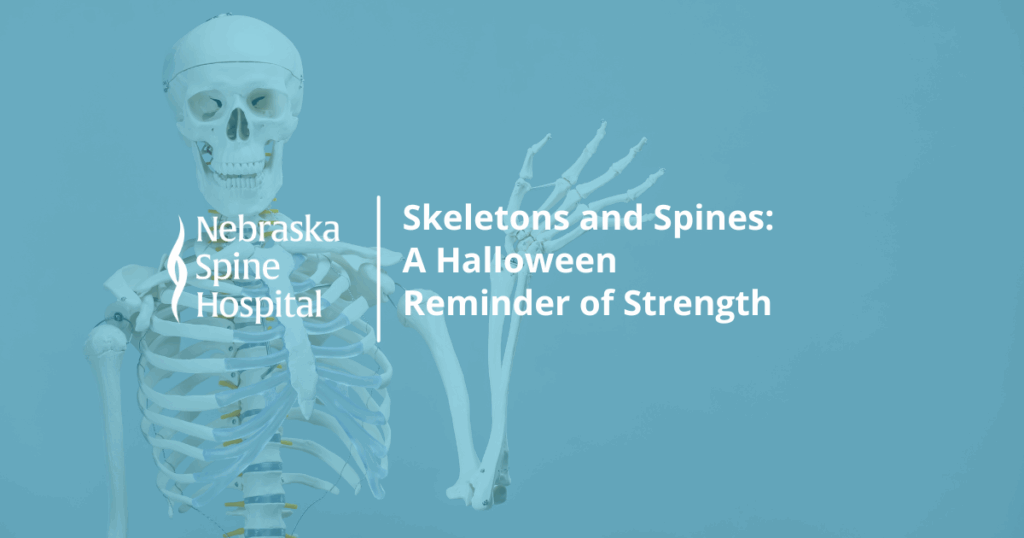April is National Stress Awareness Month, meaning it’s the perfect time for us to talk about how stress affects back pain. Stress is incredibly common among working adults in the US. A recent study found that on average over 60% of working adults feel stressed three or more workdays each week. This finding means that on any given workday, more workers are stressed than not. [bctt tweet=”A recent study found that on average over 60% of working adults feel stressed three or more workdays each week.” username=”NESpineHospital”]
That’s not great news considering stress can wreak havoc on your body, mood, and even your behaviors. And did you know that stress affects your back pain by exacerbating the pain cycle?
The pain cycle begins with a person experiencing back or neck pain. Once they experience the pain, they begin to worry or stress about various things, such as what is causing the pain. Their elevated level of stress causes their muscles to tense up, leading to increased pain. And the cycle can continue to repeat over and over in this same manner.
However, there’s some good news. There are ways you can learn to manage stress which can help you to prevent or break the pain cycle.
Get moving.
Regular exercise provides a myriad of health benefits, including helping to manage stress. Exercising at least 3-5 times per week for 30 minutes can help you relax and improve your mood with the release of feel-good endorphins. Not only that, but exercise is one of the most important things you can do to keep that spine of yours happy and healthy.
Head outside
Being cooped up in the house could be adding to your stress. Try to go for a quick walk around the block or sit on your porch for 5-10 minutes each day.
Take some time to relax.
This one is important. You already got your blood pumping with some exercise, so now it’s time to slow things down. Carve out 5-10 minutes each day to relax. This time can be spent stretching, practicing gentle yoga, focusing on deep breathing, or engaging in mindful meditation.
Focus on eating well.
Eating well makes you feel good. Since not feeling well can be a trigger for stress, incorporating fruits and vegetables, whole grains, and healthy proteins in each meal can help keep stress at bay. And whatever you do, don’t skip meals. Doing so can put you in a bad mood which can lead to stress.
Make time for yourself.
Everyone needs a little ‘me time.’ So, set aside 20 minutes every day to do something that relaxes you and makes you happy. You could even pick up a new hobby like reading, knitting, crafting, or putting together puzzles.
Acknowledging your stress and its cause is half the battle. And the same can be said about learning how stress affects back pain. Once you’re aware, you can take conscious steps to reduce your stress level.








